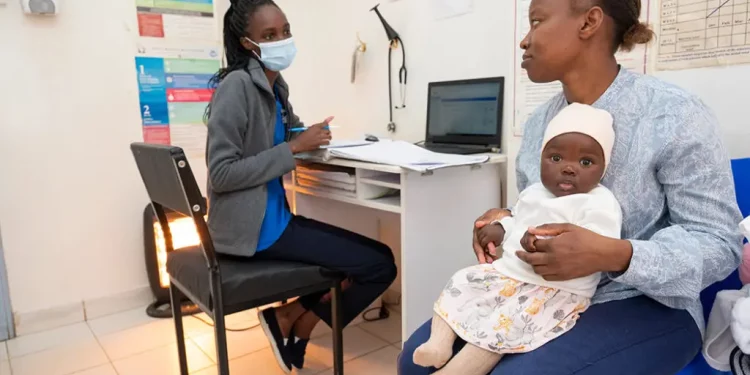The health sector plays a pivotal role in shaping Kenya’s workforce by influencing productivity, economic outcomes, and overall human capital development. A strong healthcare system ensures a healthy and active labour force, minimizing absenteeism and enhancing economic performance across industries. However, significant challenges persist, including high disease burdens and inadequate healthcare access, particularly in rural areas.
Malaria, for instance, remains one of the leading causes of outpatient visits in Kenya, affecting 19.0% of consultations annually, as reported by the Ministry of Health. This disease primarily impacts adults in their productive years, leading to missed work hours and increased healthcare costs. Additionally, the growing prevalence of non-communicable diseases (NCDs) such as hypertension and diabetes places an increasing strain on the workforce. The World Health Organization (WHO) identifies NCDs as a leading factor in workforce inefficiency, with their rising treatment costs diverting financial resources that could otherwise support skill development and infrastructure improvements.
Despite progress, significant disparities exist in healthcare accessibility, particularly in rural areas. According to Kenya’s Health Sector Strategic Plan, the uneven distribution of healthcare professionals limits access to quality services for many workers. This inequity disproportionately affects rural populations, reducing their productivity and overall contribution to the economy.
From an economic perspective, poor health increases absenteeism and reduces labour supply, hindering Kenya’s economic growth. Preventable illnesses and workplace injuries create significant financial burdens for individuals and employers alike, contributing to higher national healthcare expenditures. For instance, health-related absenteeism and premature deaths have been noted as critical contributors to GDP losses.
In my opinion, addressing these challenges requires strategic investments in Kenya’s health sector. Expanding universal health coverage, prioritizing preventive healthcare, and improving the distribution of healthcare services across the country are essential steps. Healthier workers are more productive, innovative, and capable of driving sustainable economic growth. Moreover, the integration of workplace wellness programs and public health campaigns could further enhance workforce resilience and efficiency.


















